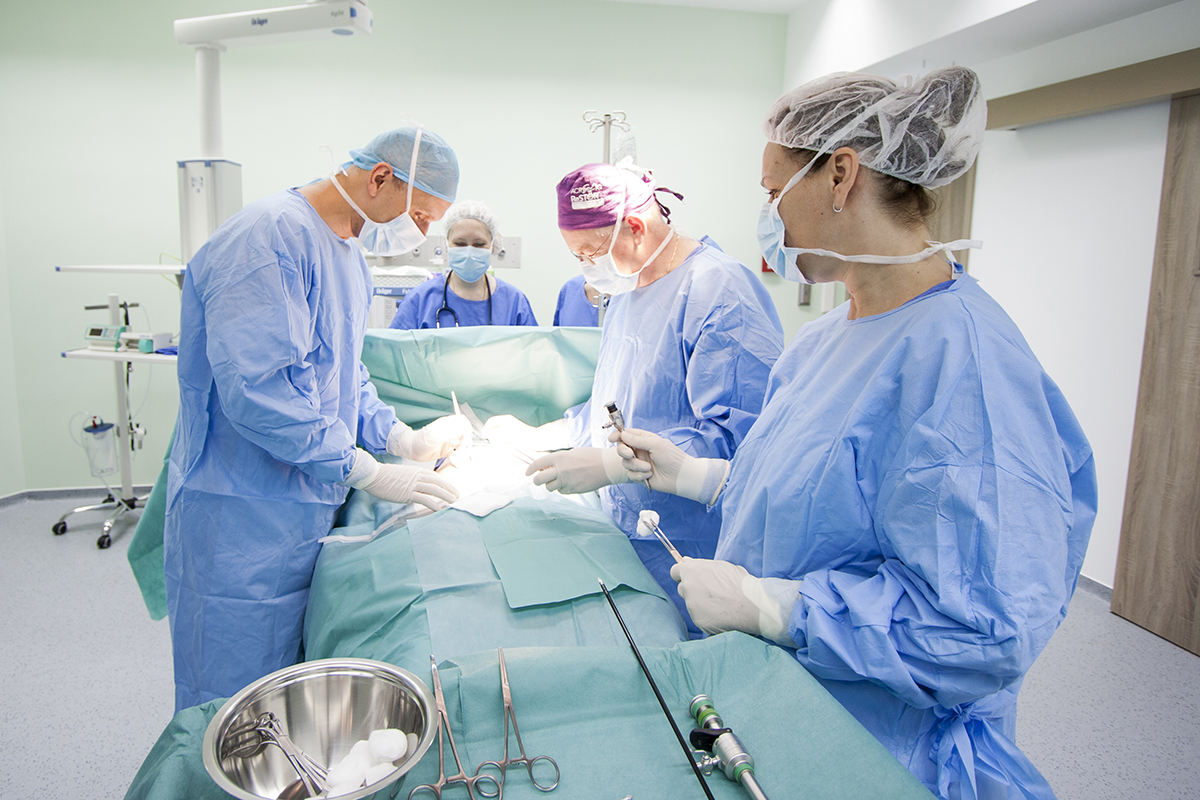The thyroid gland is a butterfly-shaped organ located below your Adam’s apple, along the front of your windpipe. It has two side lobes connected by a bridge called isthmus in the middle. At its normal size, the thyroid gland cannot be felt.
The main function of the thyroid gland is to produce hormones which regulate metabolism. It is also responsible for keeping the organs of the body functioning properly and helping the body conserve heat.
Thyroid diseases can cause the thyroid gland to become enlarged, obstructing the throat and causing various symptoms




